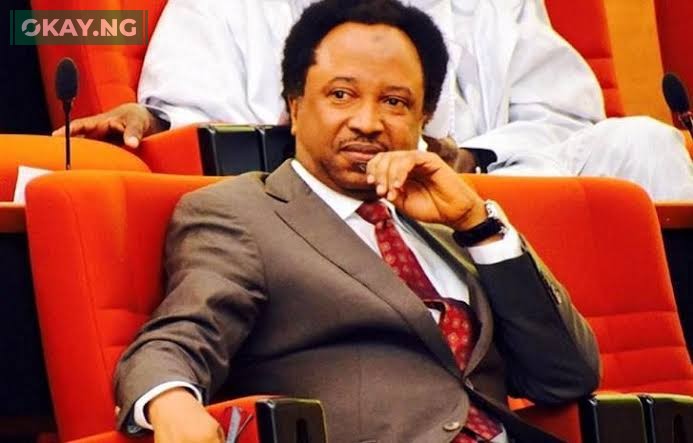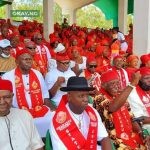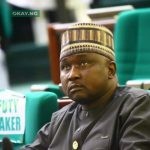Former Nigerian senator and human rights activist, Shehu Sani, has voiced concerns over the country’s political landscape, highlighting the continued dominance of long-standing political figures and the exclusion of younger generations from leadership roles.
In a statement shared on his official X (formerly Twitter) account, Sani underscored the lack of political transition, noting that many of those who held power decades ago remain central to governance today.
“The children born in the year 2000 are 25 this year. Most of the leaders they read in their history books are still alive, and some are even warming up to contest the next election,” he wrote.
His remarks reflect a broader critique of Nigeria’s political system, where the same influential figures continue to shape the nation’s leadership, leaving younger generations struggling to gain a foothold.
Sani also addressed the entrenched advantages enjoyed by the children of political elites, arguing that they are being strategically positioned to inherit power.
“The children of the elites are also strategically positioned and empowered to inherit power,” he stated. This observation echoes long-standing concerns about nepotism and the concentration of power within certain families and political circles.
His comments have sparked widespread discussions on social media, with many Nigerians agreeing that despite repeated calls for generational shifts, the political structure remains largely unchanged.
Concluding his statement, Sani delivered a sobering message to young Nigerians who have long been told they are the leaders of the future.
“The truth is that the proverbial ‘tomorrow’ that belongs to the youth has been fully booked,” he remarked, suggesting that genuine opportunities for new leadership remain scarce despite increasing youth participation in political discourse.









